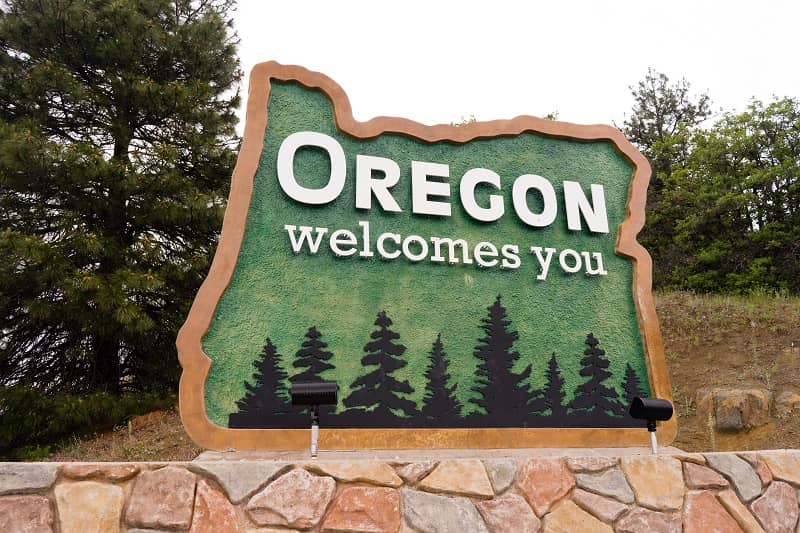By John A. Charles, Jr.
The Portland School Board is asking voters to approve a five-year property tax levy in the upcoming election. If approved, Measure 26-246 would cost taxpayers roughly $532.3 million.
Before casting a vote, parents should carefully review the per-student funding allocations found in Volume II (pages 4-5) of the draft budget. The summary chart shows that the Board continues to allocate school funding on the basis of student race and household income, as part of its “equity funding” strategy. The result is a shocking disparity among schools.
For example, Rosa Parks will get the most funding of any elementary school, at $17,891/student. The least-funded school is Richmond, which will receive $7,649/student.
For middle schools, Harriett Tubman will get $14,625/student, compared with $8,634 for West Sylvan.
For the 10 high schools, funding tops out at $15,812/student for Jefferson, while Grant receives just $8,109/student.
This extreme variation is the result of the Board’s decision in 2011 to replace “equality” with “equity” when it comes to school funding. That policy meant that schools with higher percentage of “historically underserved” students would receive larger allocations of funding.
However, the phrase “underserved” was really just a euphemism for discrimination based on race and income. Students who are Black, Hispanic, Native American, and Pacific Islander automatically qualify as “underserved”, even if they come from wealthy families and have strong academic backgrounds.
Cascade Policy Institute recently analyzed the District’s equity funding strategy, and found that there is no correlation between increased funding and academic achievement. Despite this fact, the District continues to spend growing amounts of money on a failed and arguably illegal strategy.
Equity funding is not even necessary because Oregon schools already receive extra funding from the state for students facing challenges, such as those who speak English as a second language and students in foster care. However, these funding adjustments are not made on the basis of race.
The proposed PPS budget for next year is $206.8 million higher than the current budget, so the levy is not needed in the short term. Voters should reject the levy, and refuse to approve it in the future unless PPS replaces equity with equality.
John A. Charles, Jr. is President and CEO of Cascade Policy Institute, a free market public policy organization based in Portland. A version of this article was printed as a Letter to the Editor on May 14, 2024 in The Oregonian.













Donna Bleiler
The US Supreme Court just ruled that reverse racism is unconstitutional.
Margaret DeLacy
“Unless PPS replaces equity with equality”. What would happen if PPS added “excellence?” Instead of capping student learning at grade level?